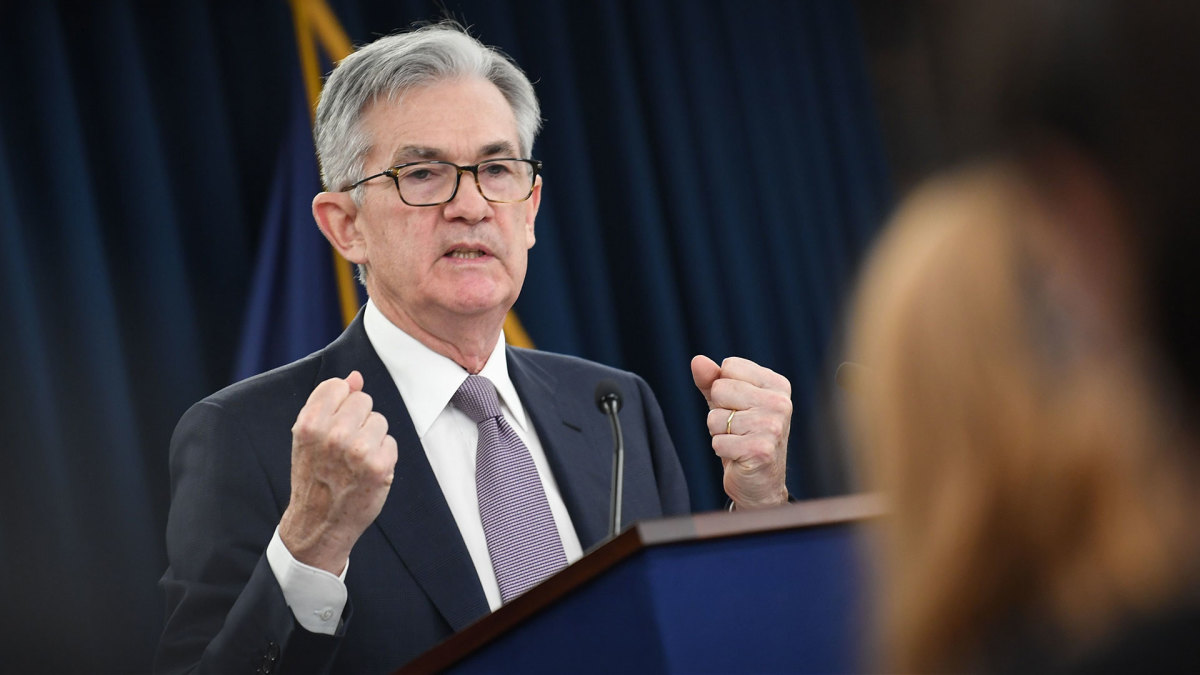
As 2024 comes to an end, investors are bracing for what the new year holds when it comes to the Federal Reserve and the economy. Jeffery Hirsch, CEO of Hirsch Holdings and the editor in chief of the Stock Trader's Almanac joined TheStreet to discuss the historical lessons and current indicators that could shape investors' strategies in 2025.
Related: Stock Market Today: Stocks edge higher with Fed rate decision in focus
Full Video Transcript Below:
CONWAY GITTENS: We haven't talked a lot about the Fed. Yeah So how does the Fed factor in to what is going to happen to stocks in 2025?
JEFFERY HIRSCH: The market's going to want them to keep rates lower. It's going to be great for. For small caps and US based companies, if they falter and don't behave properly and don't act wisely like they did with their non transitory inflation behavior back in early 2002, there's going to be a problem. But I think what we're seeing forward, based upon today's inflation numbers and their history, we're probably going to get a quarter point cut here in December and then another one in March, June, September and December. One every quarter, when they put out their economic projections to get us down to the neutral rate environment where it'll be right around the 3% 3.5% GDP. And if they stay on that track, I think the market will be very happy.
Watch More Interviews:
- Ray J's blunt advice for aspiring entrepreneurs
- Dave Ramsey reveals why Americans keep spending despite economic gloom
- Remote work is stable and here to stay says ZipRecruiter economist
- Liz Ann Sonders: How to invest in AI hype without stock picking
CONWAY GITTENS: Does history offer any warnings or clues about the state of the economy right now?
JEFFERY HIRSCH: Well, I mean, some of it's not necessarily history, but historically, the type of economic readings we're seeing here, I mean, the GDP growth is solid. The labor market, it ticked up a little bit. Some of the unemployment that's stabilized. I'm just seeing solid numbers across the board in economic readings historically, I look at some of these post-election years that were rough, especially for new Republican administrations, 57, 69, 73, 57 was the Cold War, 69 and 73 were Vietnam and all were plagued by recessions. OK I don't see any recessionary indicators. That whole inverted yield curve indicator that's been, they threw the flag on that. That didn't work. I was on a proponent of it at all. So history tells me that economy's strong economy is resilient. I don't want to say robust, resilient, which will take and things are things are doing well here. I mean, better than most of the rest of the world right now.







